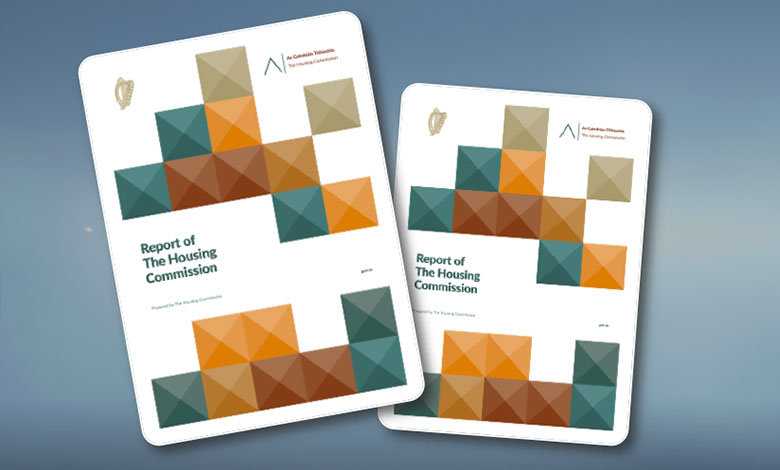
Much anticipated draft National Planning Framework Revision published
12th September 2024
Sinn Féin publishes first element of alternative housing plan
13th September 2024Long-awaited Private Rental Sector Review published

The Government’s 74-page Private Rental Sector Review was published in July 2024, over a year later than initially forecast.
Speaking with the Housing Ireland Magazine in summer 2024, Housing Minister Darragh O’Brien conceded: “The private rental market is still a significant issue because of a lack of supply,” and added: “To deal with the affordability of rent first, we need to see a further expansion of cost rental, and the stabilisation of the private rental market.”
In light of this continuing challenge, the Department of Housing, Local Government and Heritage (DHLGH) first committed itself to commissioning “a comprehensive review of the private rental sector” in the Housing for All Action Plan Update and Q3 Progress Report, published in November 2022.
Delay
As one of the 33 high-priority actions contained in the action plan update, a review of the operation of the private rental sector and reporting on policy considerations was slated to be completed by Q2 2023, “ahead of Budget 2024”.
Indicating that the Private Rental Sector Review would take stock of “the significant regulatory changes over the past several years”, DHLGH committed the Government to acting on its recommendations. The self-stated objective, it said, was to “ensure that our housing system provides an efficient, affordable, safe, and secure framework for both landlords and tenants”.
With delivery of this priority action delayed, the 2023 Housing for All Action Plan Update published November 2023 also included a commitment to undertake the review, with a new targeted completion date of Q4 2023.
That action plan update commented on progress of the priority action and noted: “The Department is near completion on a comprehensive review of the private rental sector… Work is progressing on finalising this review.”
Intended to inform the creation of a market rental system which “provides certainty and fairness to both the renter and the property”, the Private Rental Sector Review incorporated a six-week public consultation process, targeting “engagement with various stakeholders”.
Themes
Having consulted with stakeholders the prevailing themes which emerged from respondents include:
- the future of RPZ price controls;
- balancing the rights of tenants and landlords in relation to tenure security and evictions;
- the potential role of changes to the tax system (particularly for non-corporate landlords) in stimulating supply;
- the role of adequately resourced public agencies to regulate the sector; and
- the challenges facing vulnerable households.
As such, the resulting review has three broad elements:
- The rental market context: Acknowledging that a “private rental market is an important element of a well-functioning housing system”, the review outlines that rents have risen persistently over the last decade (with the introduction of Rent Pressure Zone (RPZ) price controls and the initial period Covid-19 pandemic being the exceptions).
- Suggested policy objectives: The objectives include creating economic conditions conducive to investment in the private rental market; ensuring security of tenure; ensuring affordability; ensuring appropriate standards for properties; and ensuring effective legislation which protects the rights of both tenants and landlords.
- Potential policy changes: A series of potential policy changes have been developed including in relation to incentivising investment in the private rental sector; supporting affordability including via cost rental schemes; reviewing the RPZ rent control system; undertaking “periodic critical review” of the Residential Tenancies Board (RTB); and ensuring compliance with minimum rental standards regulation.
While the Report of The Housing Commission did not receive detailed consideration in the Private Rental Sector Review, it acknowledges that “some of the recommendations in this review are similarly highlighted by the work of the Commission”.






